Improving nutrition in Africa by strengthening the diversity, sustainability, resilience and connectivity of food systems

HealthyFoodAfrica is an EU-funded research & innovation action aiming at sustainable, equitable and resilient food systems in African cities. The project is a collaborative effort by 17 partners in both Europe and Africa.
The overall goal of HealthyFoodAfrica is to make food systems in 10 African cities in six countries across three African macro-regions more sustainable, equitable and resilient by reconnecting food production and food consumption in effective ways.
Objectives
Improving access to nutritious food is a systemic challenge. African agri-food systems are facing numerous challenges related to climate change, rapid population growth and urbanization. Both food production and consumption patterns must change in order to provide access to nutritious food while counteracting social inequality, environmental degradation, food loss and inadequate waste management.
Activities
17 European and African partners work in close collaboration to improve nutrition in Africa by strengthening the diversity, sustainability, resilience and connectivity of food systems.
The work in HealthyFoodAfrica is localized in ten African cities, the so-called Food System Labs (FSL). Cross cutting work is undertaken in nine work packages.
Expected results and impact
-
HealthyFoodAfrica seeks to create 10 Food System Labs (FSLs) in 10 cities and 6 countries in Eastern, Western and Southern Africa. Each FSL will bring together local stakeholders – farmers, entrepreneurs, businesses, and policymakers. With the support of the partners, labs will tackle particular locally relevant food system challenges, from consumer awareness to sustainable production, local food diversity, improved post-harvest technologies and food safety.
-
The Food System Labs aim to link local producers and consumers, diversify the product selection, and bolster local supply chains to create a more sustainable production system and promote more healthy and equitable diets. The Food System Labs are supported by researchers and practitioners from Europe and Africa, who will also enhance and facilitate the learning processes within each lab and across them.
-
The participatory, multi-actor approach will ensure food system transformation not only in the ten Food System Lab cities but also in wider terms: the local solutions developed and piloted in the Food System Labs will be shared and disseminated to allow their adaptation to other countries and circumstances as well.
-
“Only through linking the diverse expertise and knowledge this type of consortium includes, there is potential to develop tools for actual transformation. Both local knowledge and new technology are necessary, but the key to achieving sustainable change is in combining these to respond to context-specific challenges” summarizes HealthyFoodAfrica Project Coordinator, Senior Scientist Mila Sell from the Natural Resources Institute Finland.
More information
Source of funding
European Union, H2020 project
Programme and contact references
- Coordinator: Natural Resources Institute Finland, healthyfoodafrica(a)luke.fi
- Principal Investigator at CIHEAM Montpellier: Paolo Prosperi , Lecturer-researcher – prosperi@iamm.fr
Partners
- The Alliance of Bioversity International and CIAT
- Council for Scientific & Industrial Research, Ghana (CSIR)
- African Population & Health Research Centre Kenya (APHRC)
- Norwegian Institute of Bioeconomy Research (NIBIO)
- University of Helsinki, Finland (UH)
- Bahir Dar University, Ethiopia (BDU)
- University of Makerere, Uganda (MAK)
- University of Zambia (UNZA)
- University of Pisa, Italy (UNIPI)
- University of Abomey-Calavi, Benin (UAC)
- Aeres University of Applied Sciences, Netherlands
- Hivos
- Finn Church Aid (FCA)
- Centre for Initiatives on Food Security and Environment (GIFSE)
- Mentes Visiveis Lda (MV)
- House of Böna Ltd
- Centre International de Hautes Etudes Agronomiques Méditerranéennes – Institut Agronomique Méditerranéen de Montpellier (CIHEAM Montpellier)


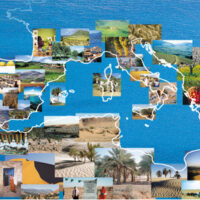 CIHEAM MontpellierOur vision is that of a Mediterranean basin characterised by a spirit of cooperation.
CIHEAM MontpellierOur vision is that of a Mediterranean basin characterised by a spirit of cooperation.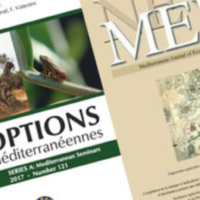 CIHEAM publicationsOur publications and communication tools aim to facilitate decision-making processes for political, economic and agricultural actors in the Mediterranean region
CIHEAM publicationsOur publications and communication tools aim to facilitate decision-making processes for political, economic and agricultural actors in the Mediterranean region News and events
News and events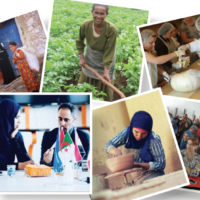 Press review (Scoop.it)
Press review (Scoop.it) Master programmesThe CIHEAM Montpellier stands for both personalised accompaniment and international openness.
Master programmesThe CIHEAM Montpellier stands for both personalised accompaniment and international openness.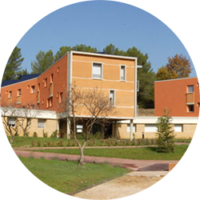 Campus & student lifeSince 1962, almost 95% of our foreign students have been granted accommodation on site.
Campus & student lifeSince 1962, almost 95% of our foreign students have been granted accommodation on site.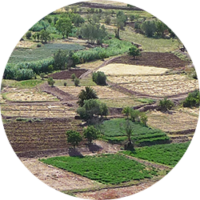 Doctoral platformShaping the scientists of tomorrow through research training… A natural commitment of the CIHEAM Montpellier
Doctoral platformShaping the scientists of tomorrow through research training… A natural commitment of the CIHEAM Montpellier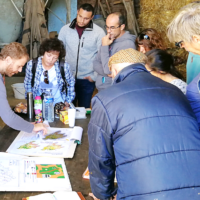 ProjectsOur research and cooperation projects are tools for inclusive development, they take into account the populations and rural and coastal territories of the Mediterranean.
ProjectsOur research and cooperation projects are tools for inclusive development, they take into account the populations and rural and coastal territories of the Mediterranean. Mediterranean online catalogueA unique Documentation Center on the Mediterranean,
invested in sharing knowledge.
Mediterranean online catalogueA unique Documentation Center on the Mediterranean,
invested in sharing knowledge. Scientific productionThe scientific production of the CIHEAM Montpellier is the fruit of collaborations by our lecturer-researchers, associated experts, students and research partners.
Scientific productionThe scientific production of the CIHEAM Montpellier is the fruit of collaborations by our lecturer-researchers, associated experts, students and research partners. Becoming partnersCreating partnerships is part of the genetic make-up of the CIHEAM Montpellier... Join one of its projects or study programmes, support its actions.
Becoming partnersCreating partnerships is part of the genetic make-up of the CIHEAM Montpellier... Join one of its projects or study programmes, support its actions.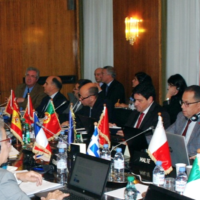 Ministerial meetingsThrough the Ministerial, CIHEAM contributes to the construction of a dialogue between the Mediterranean countries around questions relating to agriculture and the rural world.
Ministerial meetingsThrough the Ministerial, CIHEAM contributes to the construction of a dialogue between the Mediterranean countries around questions relating to agriculture and the rural world.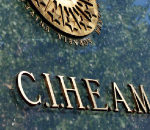
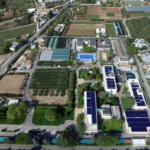
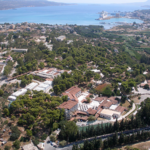
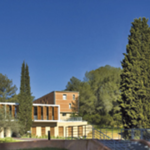
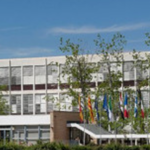
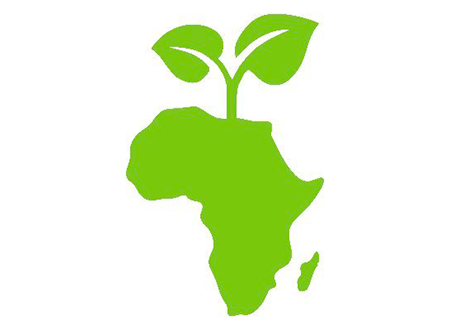
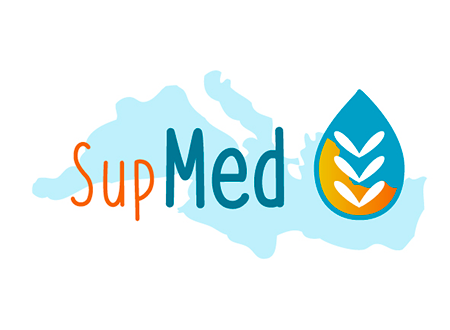
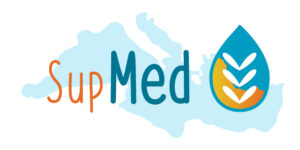
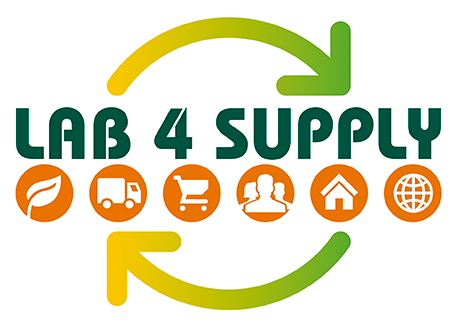
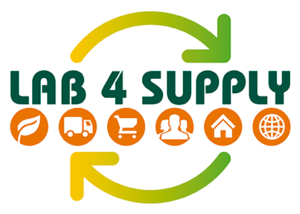
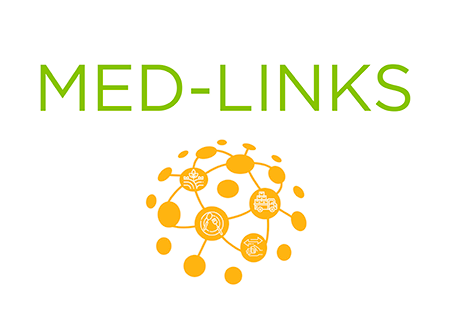

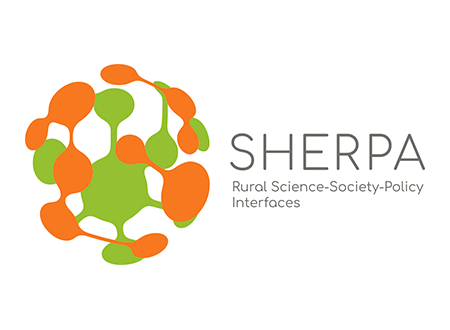
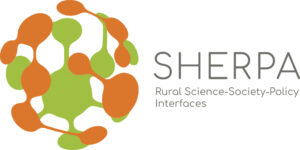
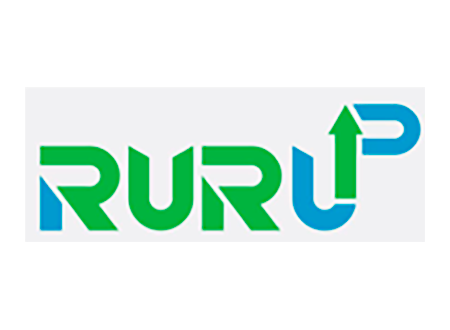
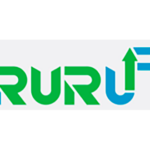 RUR’UP is an international cooperation project between Higher Education Institutions (HEI), intergovernmental organisations and rural development stakeholders, funded by the EU Programme Erasmus+. The project aims to support Higher Education institutions in equipping their graduates with skills and competencies relevant for specific labour market and societal needs of peripheral rural regions in the EU (HNV areas). The project will develop new e-learning blended modules through an educational transdisciplinary approach and by using innovative pedagogies such as student-centred and project problem -based learning, and therefore, will support the development of the HEI curricula based on learning-outcomes. Specifically, the project will also develop and test a unique modular course design (including online, intensive learning modules and case studies and on-field work.
RUR’UP is an international cooperation project between Higher Education Institutions (HEI), intergovernmental organisations and rural development stakeholders, funded by the EU Programme Erasmus+. The project aims to support Higher Education institutions in equipping their graduates with skills and competencies relevant for specific labour market and societal needs of peripheral rural regions in the EU (HNV areas). The project will develop new e-learning blended modules through an educational transdisciplinary approach and by using innovative pedagogies such as student-centred and project problem -based learning, and therefore, will support the development of the HEI curricula based on learning-outcomes. Specifically, the project will also develop and test a unique modular course design (including online, intensive learning modules and case studies and on-field work.